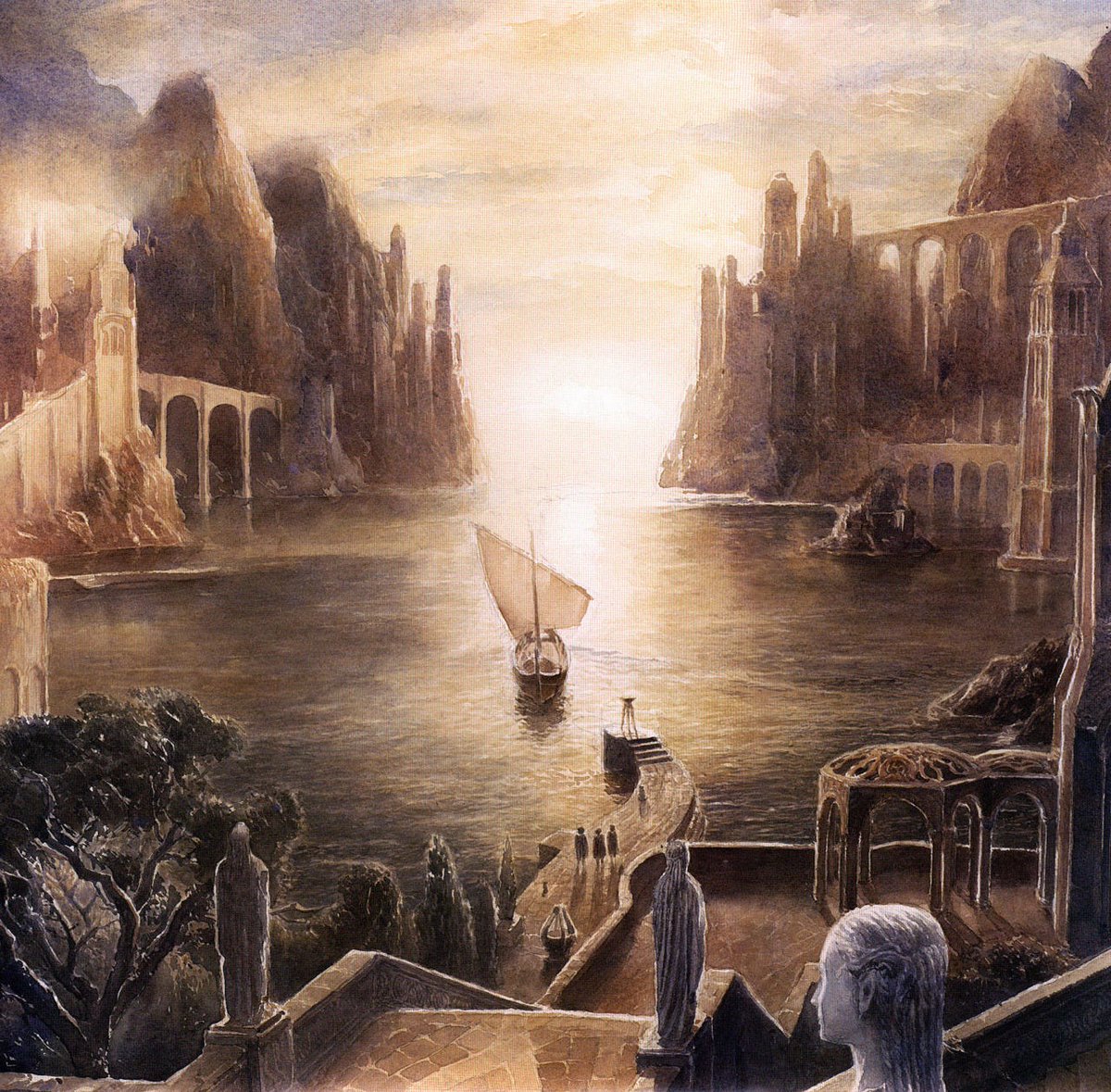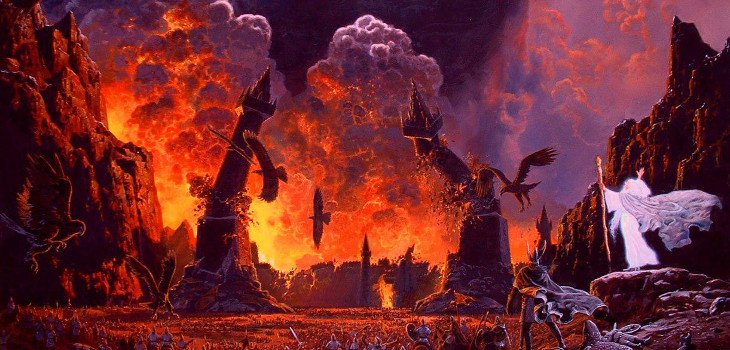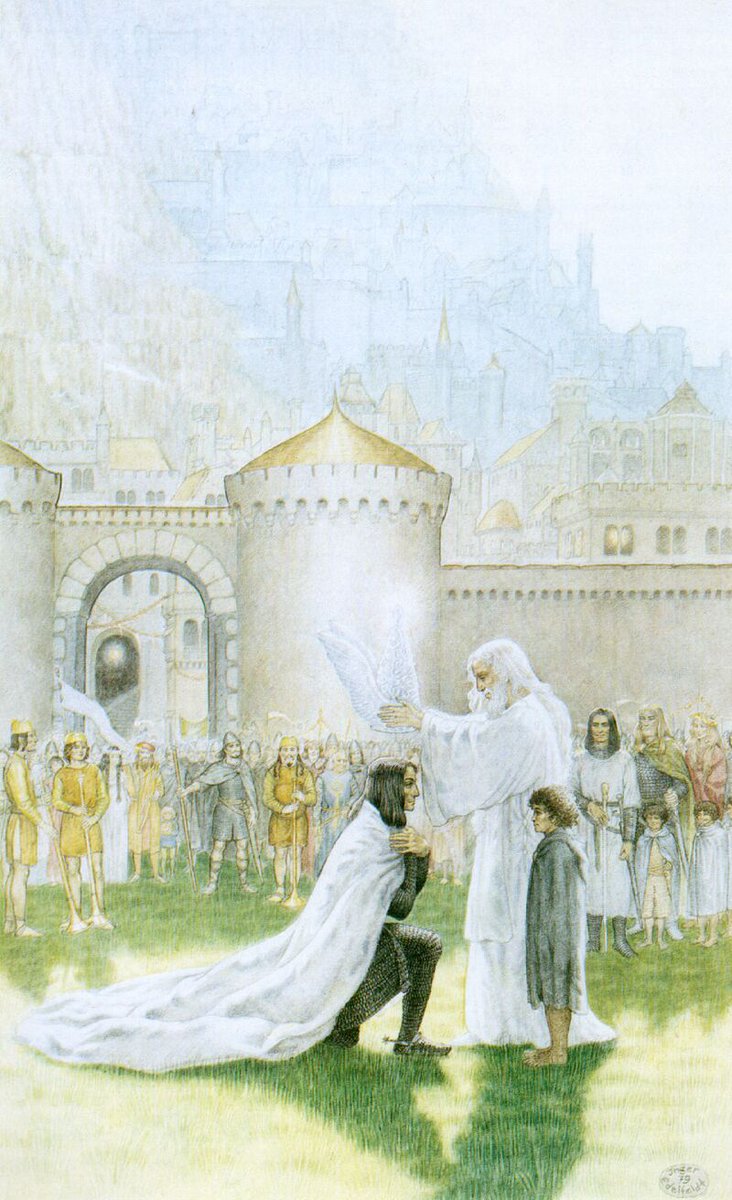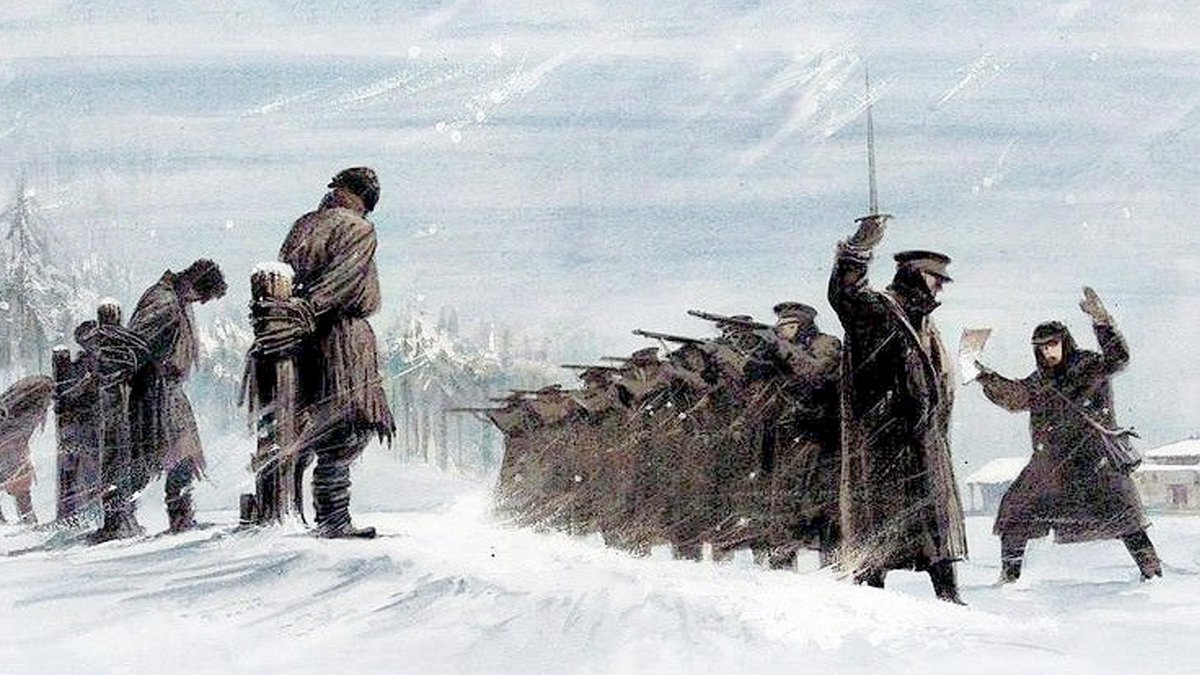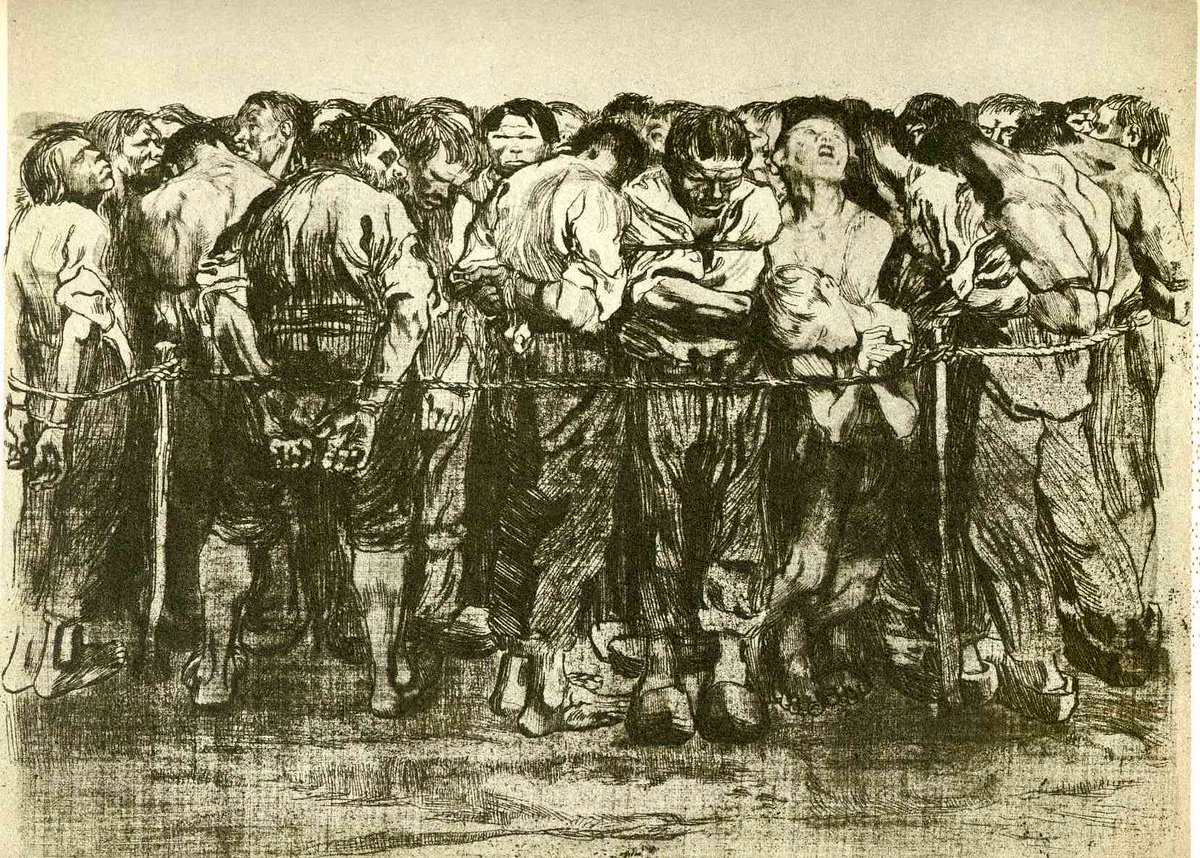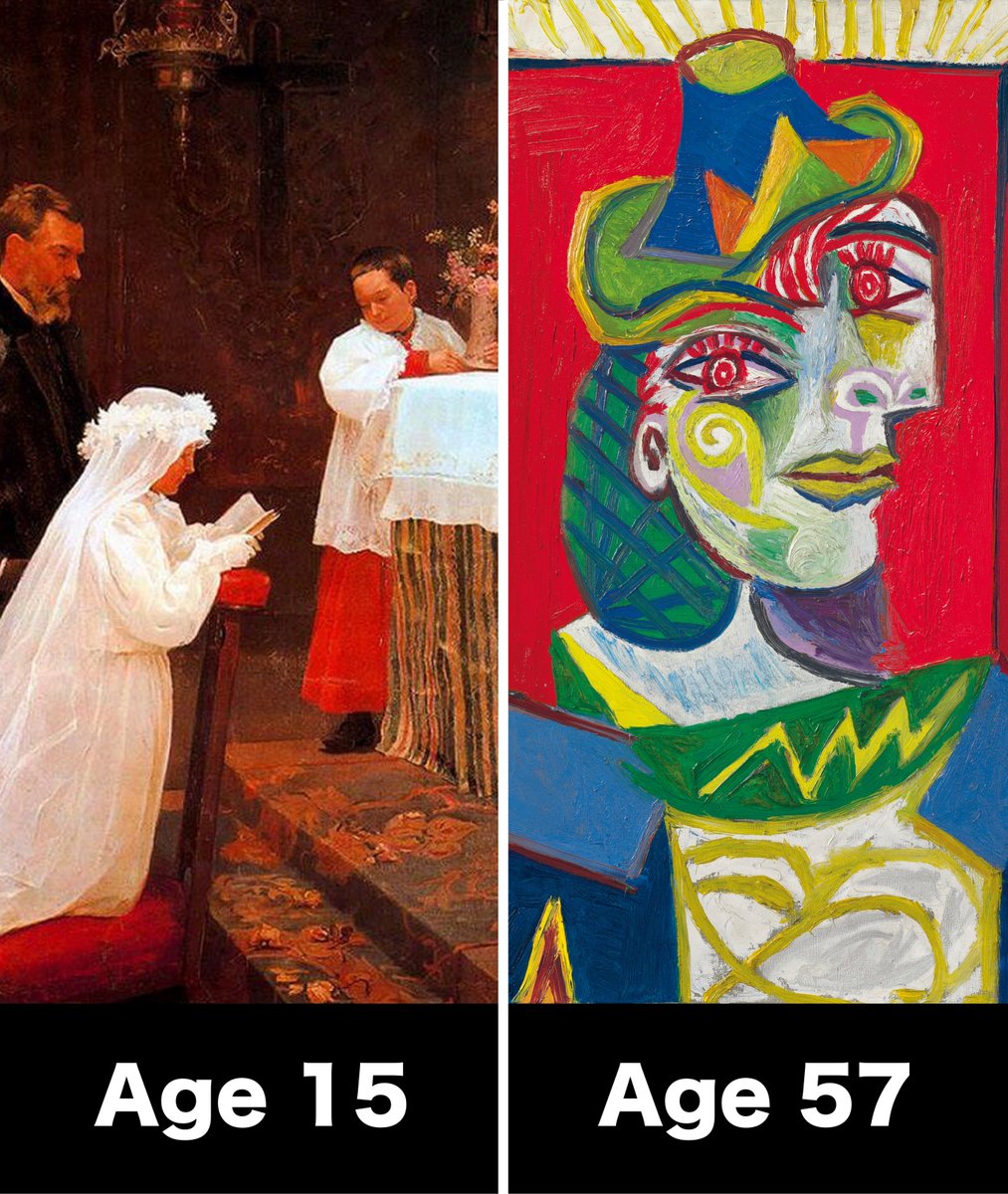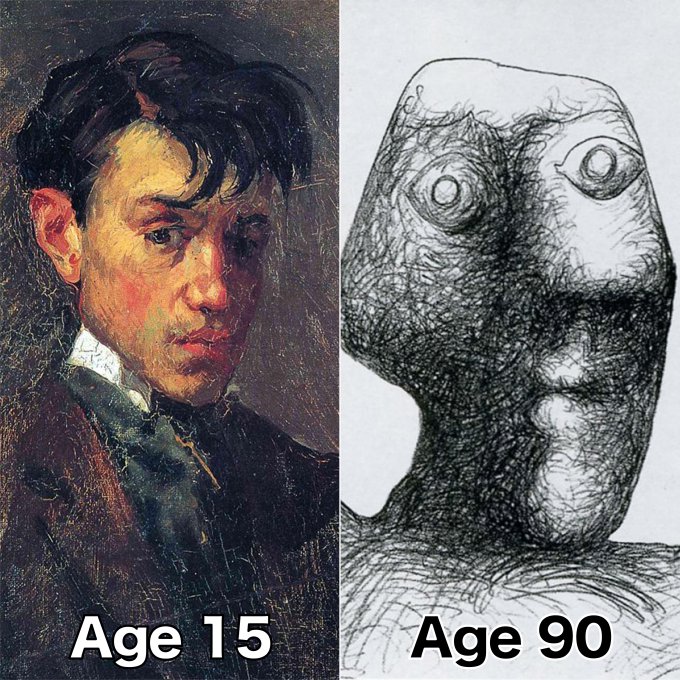Like us, Ancient Rome had a birth rate crisis.
In 300 AD, Rome was a city of ~1 million people.
200 years later, hardly enough people lived there to fill the Colosseum.
And their story feels alarmingly familiar... (thread) 🧵
In 300 AD, Rome was a city of ~1 million people.
200 years later, hardly enough people lived there to fill the Colosseum.
And their story feels alarmingly familiar... (thread) 🧵
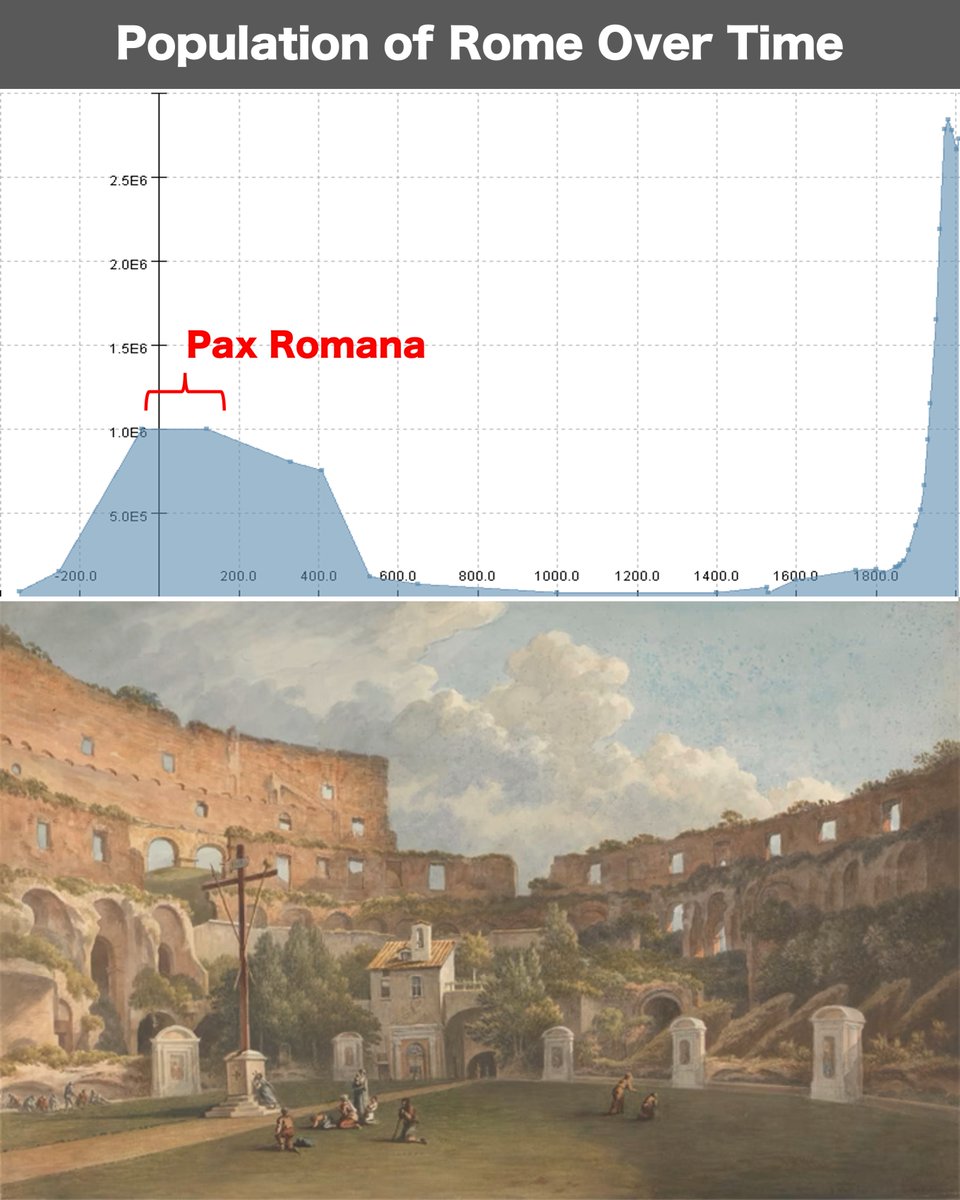
Fertility has collapsed so rapidly in modern Italy that 1 million births in 1964 is down to <400k last year.
The state is even giving away homes for €1 to repopulate crumbling villages...
The state is even giving away homes for €1 to repopulate crumbling villages...
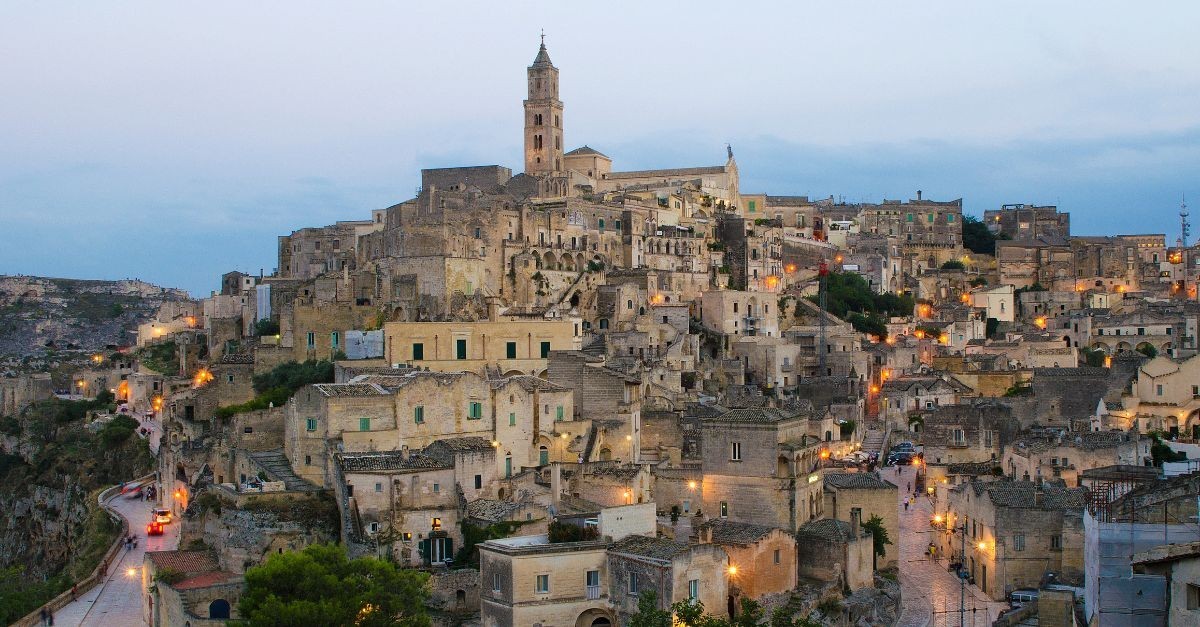
Italy's birth rate is 1.2, but the most catastrophic in the world is South Korea: 0.72 children per woman.
The number of births in South Korea will halve every 20 years at this rate.
The number of births in South Korea will halve every 20 years at this rate.

But aren't rich country populations still growing?
Yes, for now — because people are living longer and the population is aging. The US will soon have more over 65s than children.
Yes, for now — because people are living longer and the population is aging. The US will soon have more over 65s than children.

When the population does start to fall, it will compound at terrifying speed.
Italy is already entering its decline, and the last Italian could be born in under 200 years from now.
Italy is already entering its decline, and the last Italian could be born in under 200 years from now.
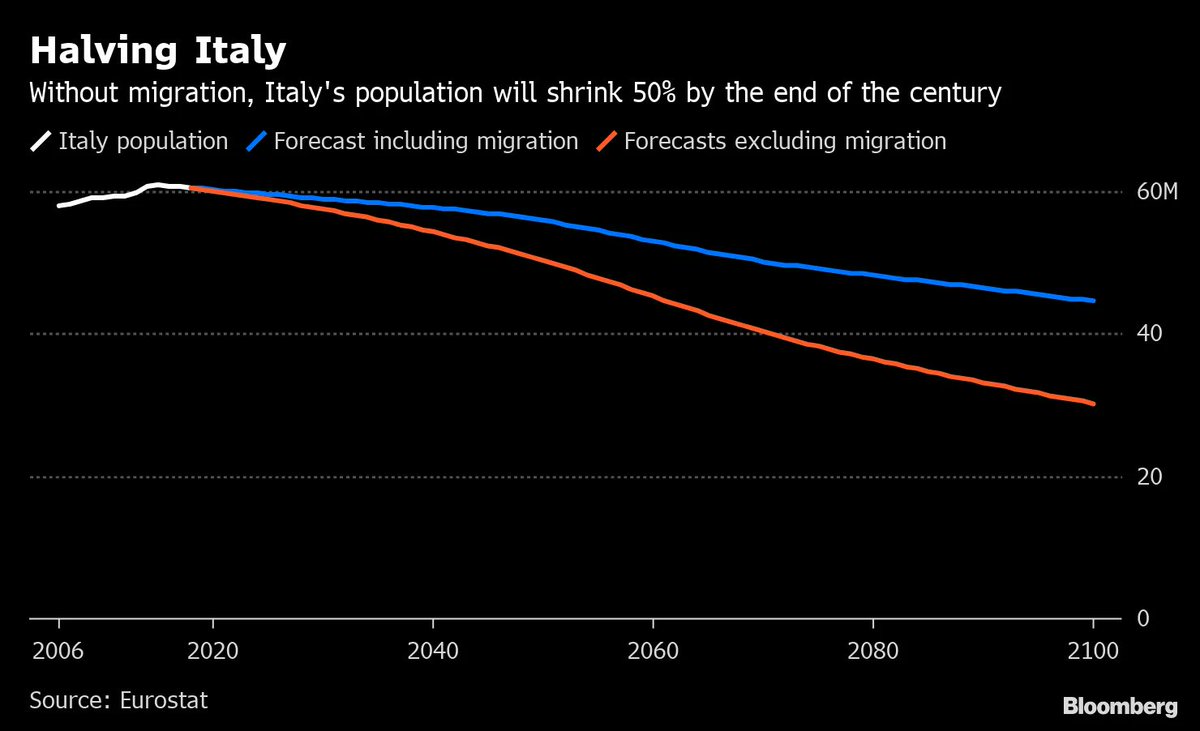
The problem is that when societies enjoy a sustained period of wealth, birth rates tend to decline thereafter.
The same is true of civilizations throughout history. Why, exactly?
The same is true of civilizations throughout history. Why, exactly?
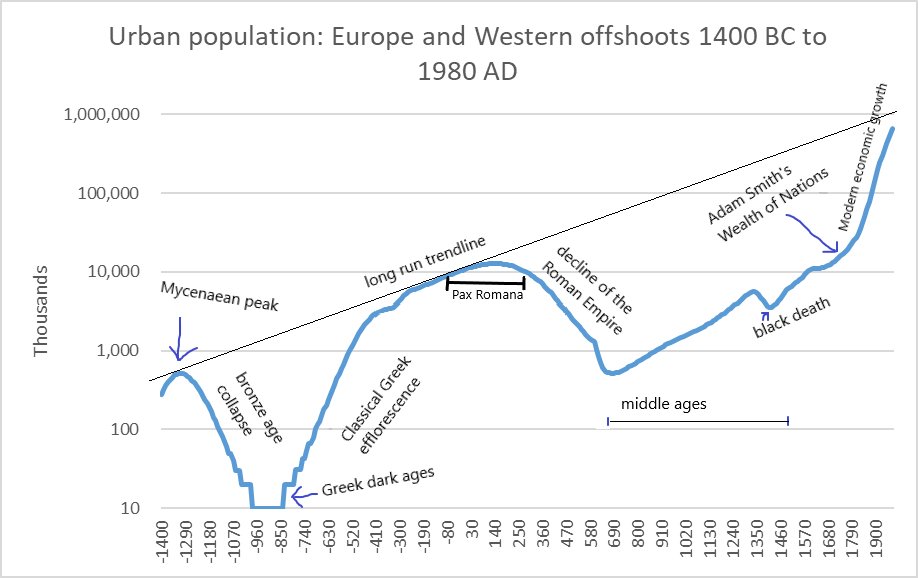
It seems counterintuitive, but it can be explained.
In Ancient Rome, the wealthy became more concerned with status than with family — no children to inherit your wealth meant you could use it instead to acquire status and influence.
In Ancient Rome, the wealthy became more concerned with status than with family — no children to inherit your wealth meant you could use it instead to acquire status and influence.
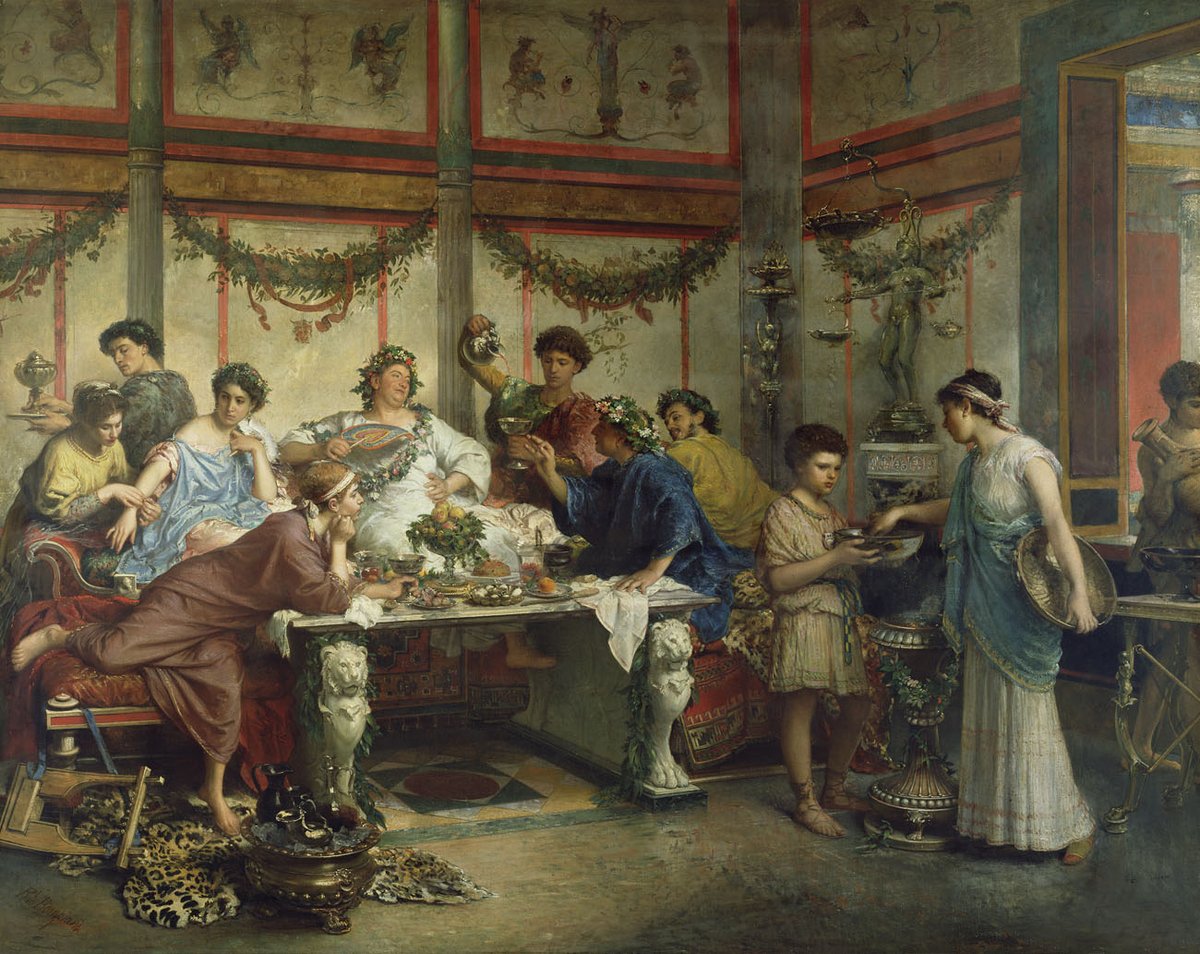
Analysis of skeletons in Herculaneum has shown wealthy women were having <2 children on average.
A big problem when the replacement rate is 6+ due to high infant mortality...
A big problem when the replacement rate is 6+ due to high infant mortality...
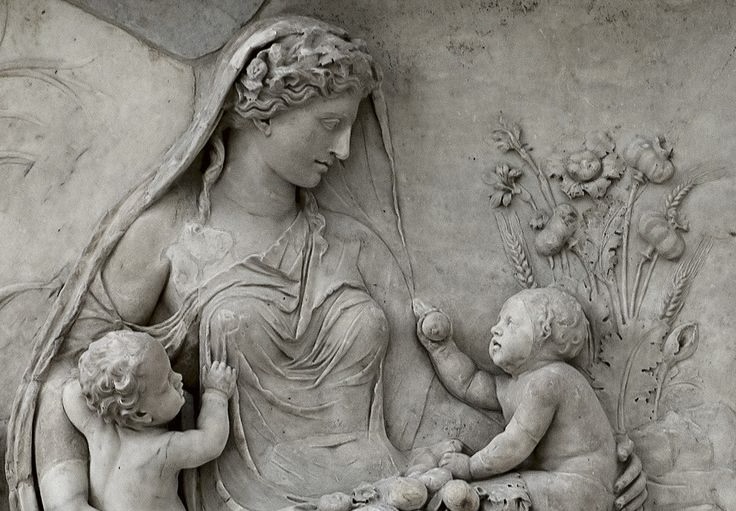
When the population drops off, you don't just get to enjoy more space and cheaper housing — everything falls apart.
Rome's buildings were slowly picked apart for their materials by a small population with no use for great arenas.
Rome's buildings were slowly picked apart for their materials by a small population with no use for great arenas.
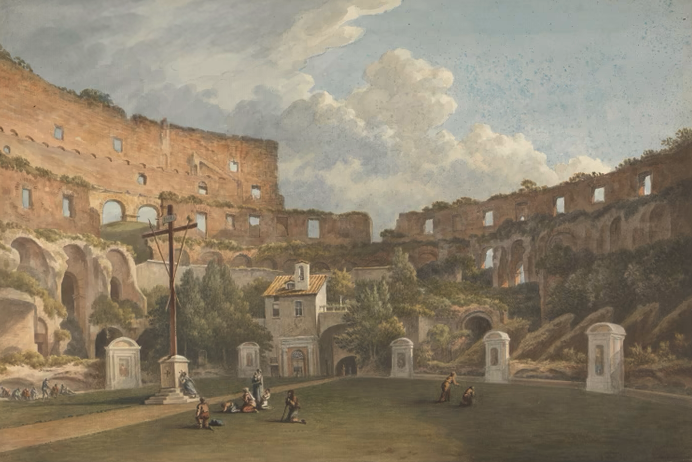
Of course, Rome's urban population collapsed for other reasons, too: invasion, disease, famine...
But these were problems they had overcome before. This time, Rome had eaten itself from within first.
But these were problems they had overcome before. This time, Rome had eaten itself from within first.
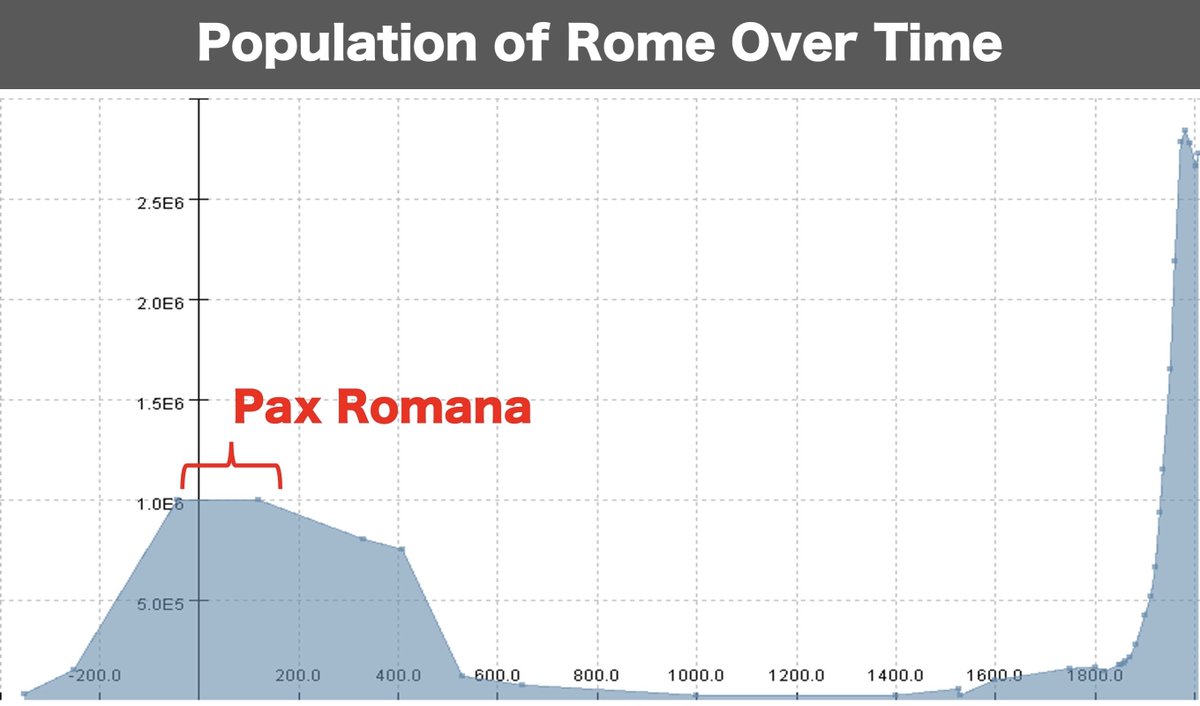
People think Rome fell to conquest. But by the time of the 5th century invasions, it had long ago fallen to something worse — total apathy.
Rome had long since stopped producing Romans.
Rome had long since stopped producing Romans.
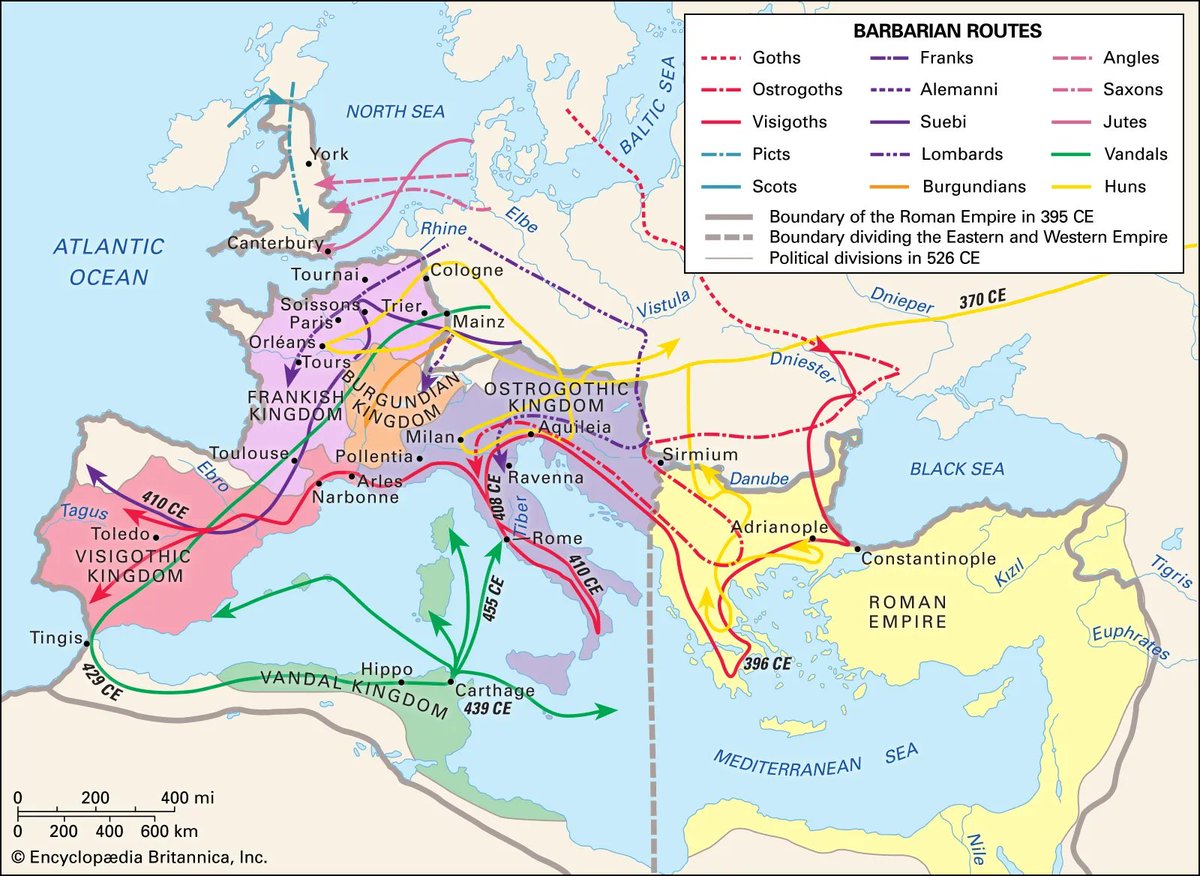
To hold the crumbling Empire together, Rome had for decades imported masses of barbarians to supply its armies.
When the last Western Emperor was deposed in 476 AD, it was by barbarians within his own ranks.
When the last Western Emperor was deposed in 476 AD, it was by barbarians within his own ranks.
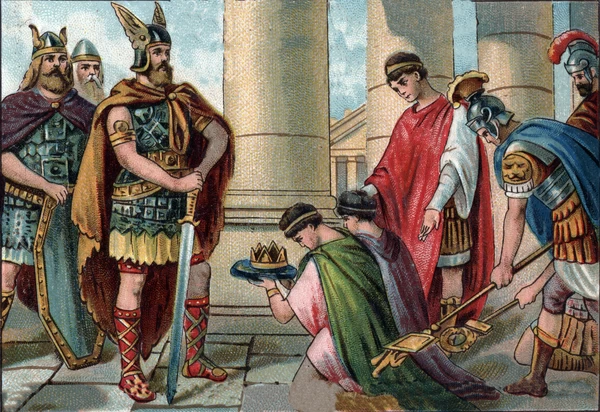
Rome fell not in a day, but over several generations — although not as many as you think.
The colosseum went from a roaring crowd of 80,000 to livestock roaming its ruins so quickly it's hard to believe...
The colosseum went from a roaring crowd of 80,000 to livestock roaming its ruins so quickly it's hard to believe...

If you enjoy threads like this, I go deeper in my FREE newsletter on these kinds of topics.
Do NOT miss tomorrow's email.
100,000+ people read it: art, history and culture 👇
culture-critic.com/welcome
Do NOT miss tomorrow's email.
100,000+ people read it: art, history and culture 👇
culture-critic.com/welcome
Most developed world populations are on the precipice of major decline — even taking into account net migration numbers propping them up.
And Japan's population fell by 861,000 in 2023.
And Japan's population fell by 861,000 in 2023.
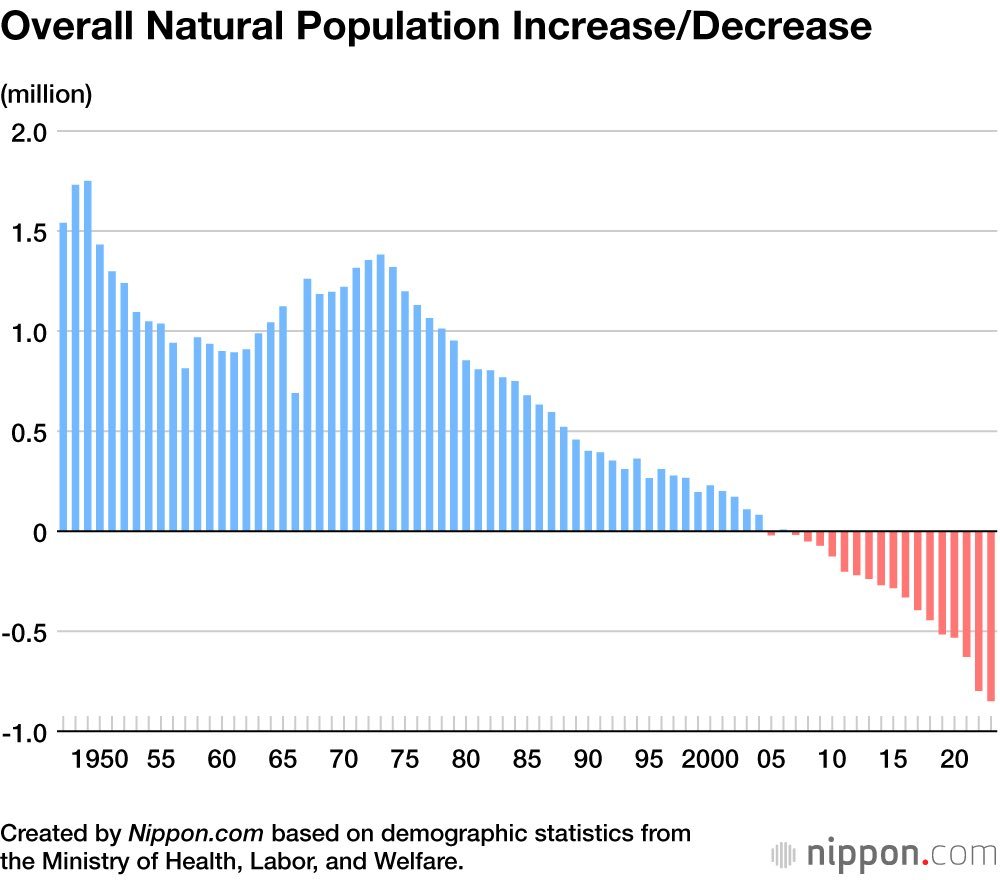
• • •
Missing some Tweet in this thread? You can try to
force a refresh


